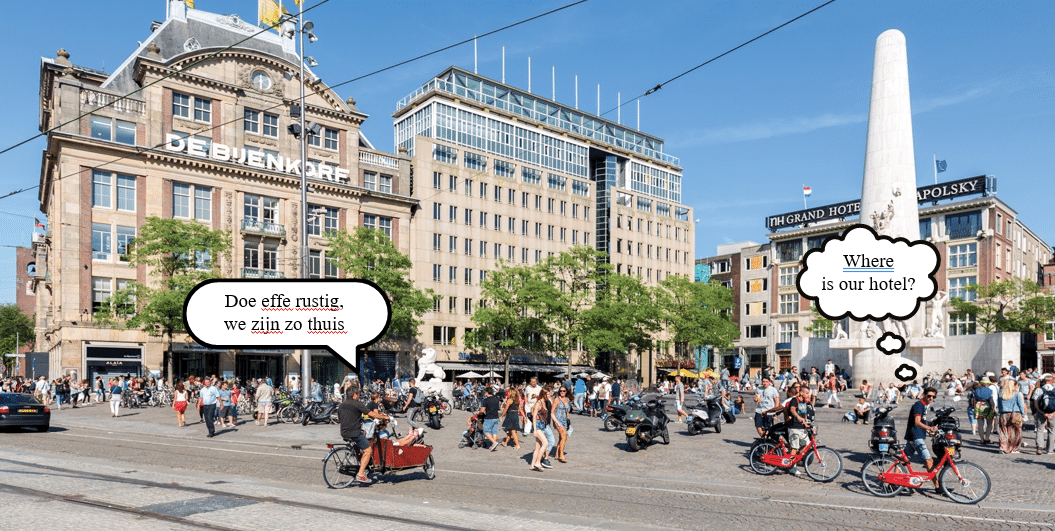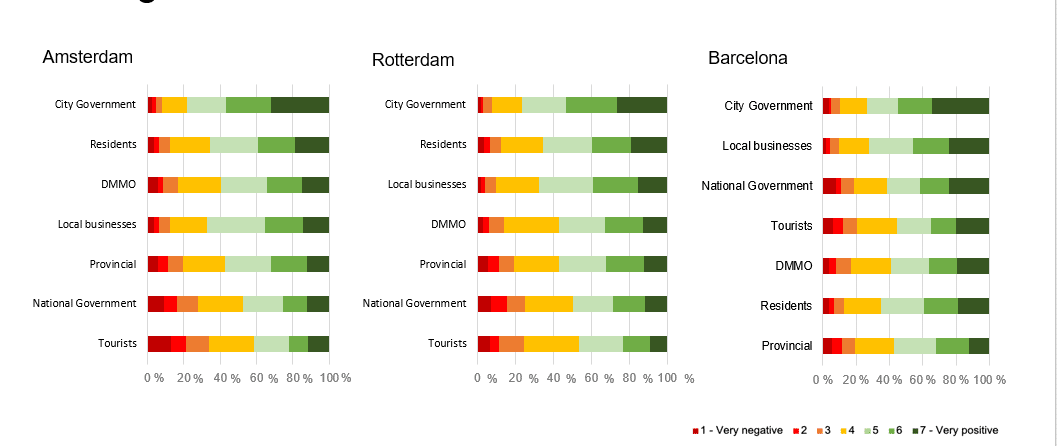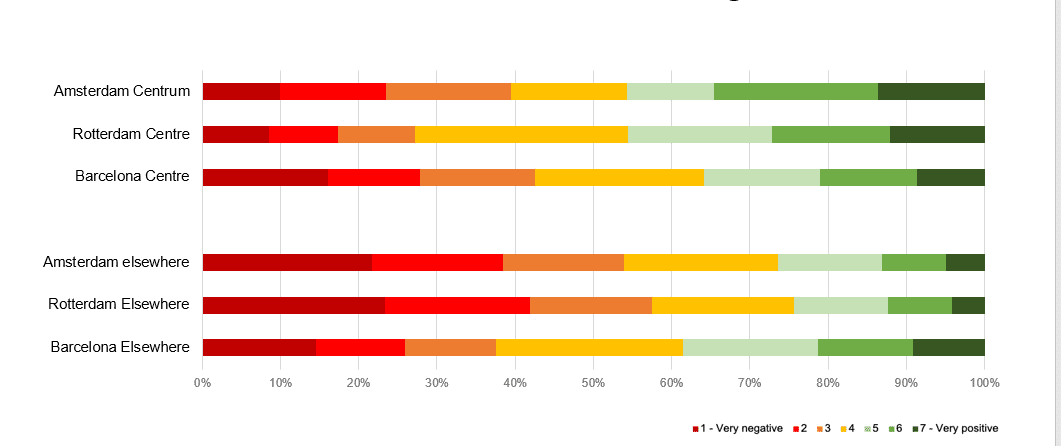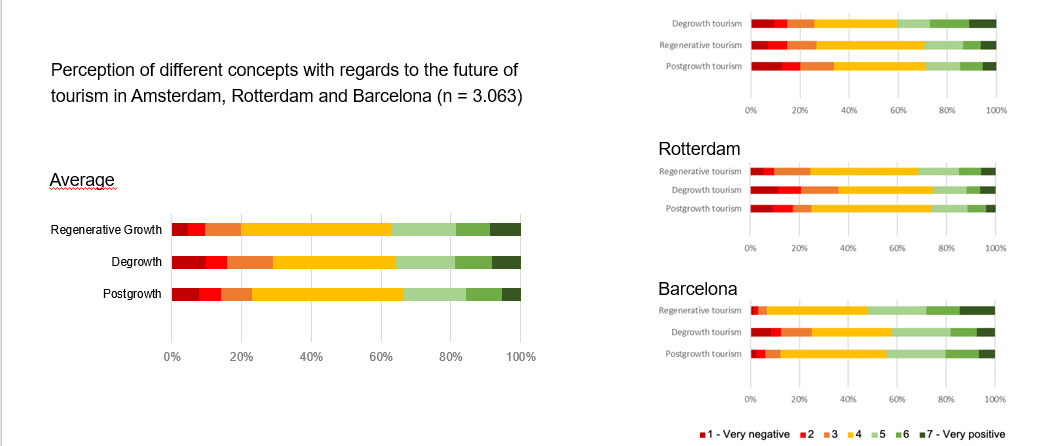The Expertise Network for Sustainable Urban Tourism (ENSUT) has released the first findings from a new comparative study that sheds light on the diverse approaches to sustainable tourism in Amsterdam, Rotterdam, and Barcelona. This unique research not only examined the differences among the three cities but also delved into the variations within each urban center.
The study reveals that residents in Rotterdam and Barcelona are more positive about the development of regenerative tourism, focusing on creating value through tourism. In contrast, residents of Amsterdam prefer a degrowth tourism approach, seeking to achieve a better balance by reducing tourist pressure on the city.
However, even within Amsterdam, there are significant disparities in perspectives. While heavily visited neighborhoods show more than 50% support for degrowth tourism, neighborhoods on the city’s outskirts and in the North have less than 30% positivity towards this approach. This highlights the need for localized and neighborhood-based strategies for sustainable tourism.
Residents in all three cities expressed a preference for services and facilities that cater to their daily needs, such as food markets and shopping areas. Local cultural heritage and museums are particularly desirable in Barcelona. However, more traditional tourist activities like festivals and large tour groups were less favored.
Interestingly, there are variations in perspectives even within the cities themselves. While residents in the city centers of Amsterdam and Rotterdam view tourism as reasonably suitable for their neighborhoods, other areas show a majority feeling that tourism does not align well with the character of their neighborhoods.
ENSUT emphasizes the importance of a neighborhood-oriented approach to tourism policy. It is suggested that while it is understandable for cities to focus on busy areas, measures designed for these areas may not be suitable for other parts of the city where residents spend the majority of their time.
The report indicates that residents feel their voices are not adequately heard in current tourism development processes. It highlights the need for policymakers to consider the perspectives of residents and local businesses more effectively.
This study serves as an initial insight into the contrasting perspectives on tourism in Amsterdam, Rotterdam, and Barcelona. A comprehensive report with detailed results, including insights on travel behavior of both residents and visitors, is expected to be released later this year on this website.



